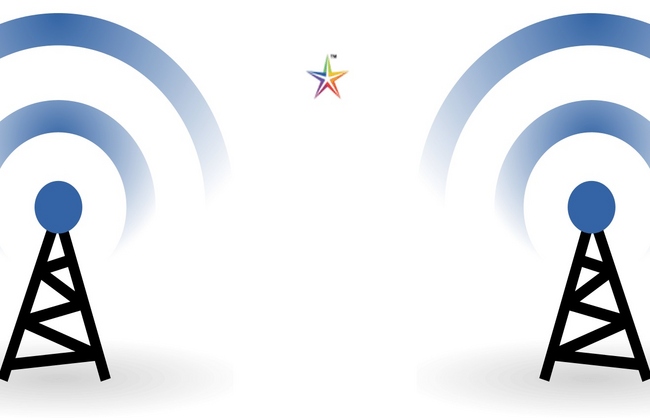Bitcoin Blockchains Are Beamed From Space With Blockstream Satellite
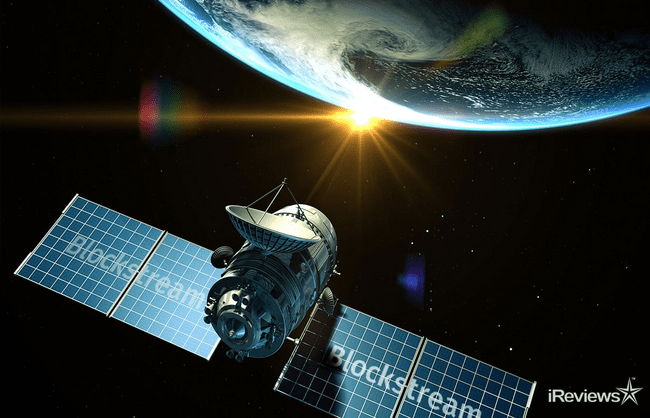
If you’ve been following our blockchain and cryptocurrency series and reviews, you probably know how fast-paced everything can get. With Filecoin and TenX’s record-breaking ICOs, the world is seeing cryptocurrency and its technology grow in novel ways. A leader in blockchain and financial cryptography, Blockstream, recently pushed the boundaries of this new and growing field. The company released Blockstream Satellite, a system that broadcasts real-time Bitcoin blockchain data from space.
The data travels from communication satellites in space to almost anyone on Earth. Blockstream’s mission is to provide bitcoin access to the billions of people lacking Internet access and bandwidth across the world.
CEO Dr. Adam Back confirmed on Twitter that the company’s Blockchain Satellite forwarded its first transaction on August 20th. The original confirmation came from BitcoinVPS creator Grubles, whose satellite node successfully received Blockchain transactions on a computer with networking disabled.
“[The] launch of Blockstream Satellite gives even more people on the planet the choice to participate in Bitcoin”, says Dr. Back. “With more users accessing the Bitcoin blockchain with the free broadcast from Blockstream Satellite, we expect the global reach to drive more adoption and use cases for Bitcoin, while strengthening the overall robustness of the network.”
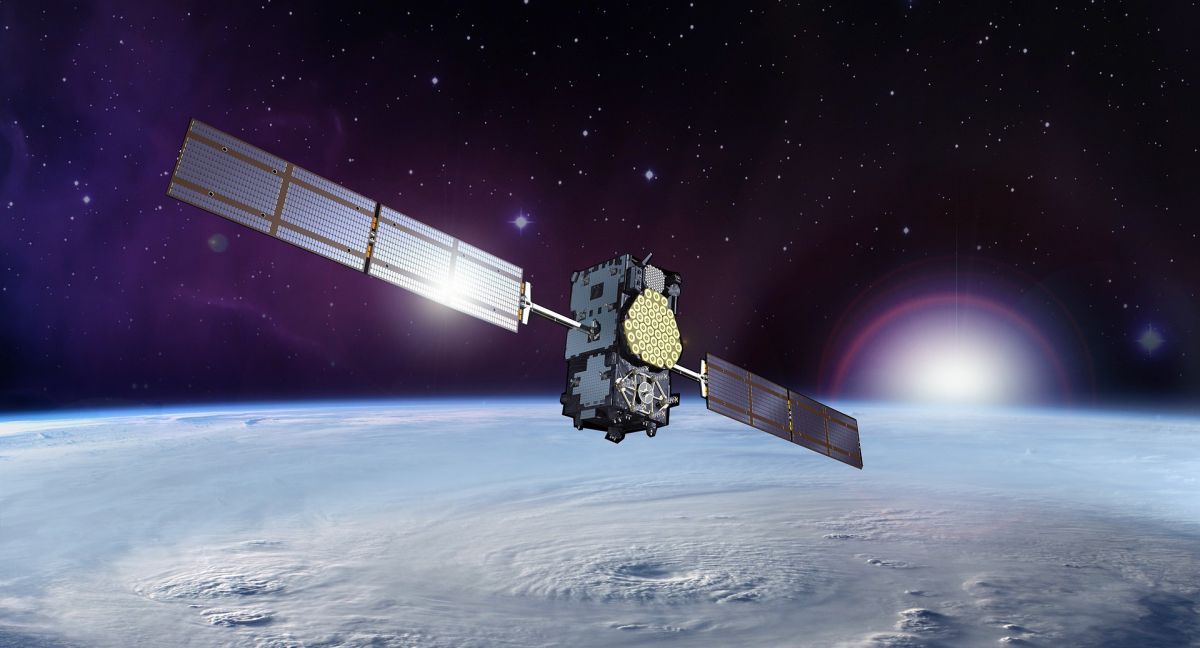
Blockstream’s Innovation
Blockstream used leased satellites to beam Bitcoin blockchain all across the globe. Only about a third of the world can download a fully functional Bitcoin node at the moment. But Blockstream plans to make the technology available to all countries soon.
The satellite beams Bitcoin blockchain for free, so no data costs burden the customer. Other companies have looked to space as a storage option for Bitcoin. But Blockstream is the first to actually accomplish beaming the blockchain down from space.
Dr. Back says, “Bitcoin is a powerful and transformative internet native digital money that has blazed a trail of disruption, with its full potential yet to unfold. Because it’s permissionless, Bitcoin enables anyone to freely create new financial applications and other innovations that use the blockchain that haven’t been possible before.”

Putting Together Your End of the Technology
Since Bitcoin is decentralized, computers all over the world run “full nodes” to confirm transactions and keep the network safe. Nodes also contribute to community decisions about code changes to Bitcoin. The full node is a full version of the Bitcoin blockchain, containing a record of every bitcoin transaction since 2009. And it downloads continually onto your computer. So running a full node is extremely expensive if your Internet speed or bandwidth are subpar.
“The cost of running a Bitcoin node is probably about $100 or less a month, for the internet connection, in the West,” says Dr. Back. “But in other parts of the world, that might go to living expenses for their family or something like that.”
While the startup fees for using the technology are low, buying the hardware to carry out the system are still pretty high. You’ll definitely need a computer or dedicated hardware like a Raspberry Pi. You’ll also need a 45-centimeter satellite dish, a receiver, and a Software-Defined Radio (SDR) USB stick that allows your computer to receive radio frequencies.
“We wanted people to be able to repurpose their TV satellite dishes or find an old one somewhere because they’re everywhere,” says Chris Cook, head of the satellite project. “After that, all you need is a little USB dongle that costs $20 and a [receiver], which is about a $12 item.”
The system guarantees a 64kbit/sec connection. Dr. Back says the connection “provides adequate bandwidth to reliably maintain synchronization with the network with modest delay.”
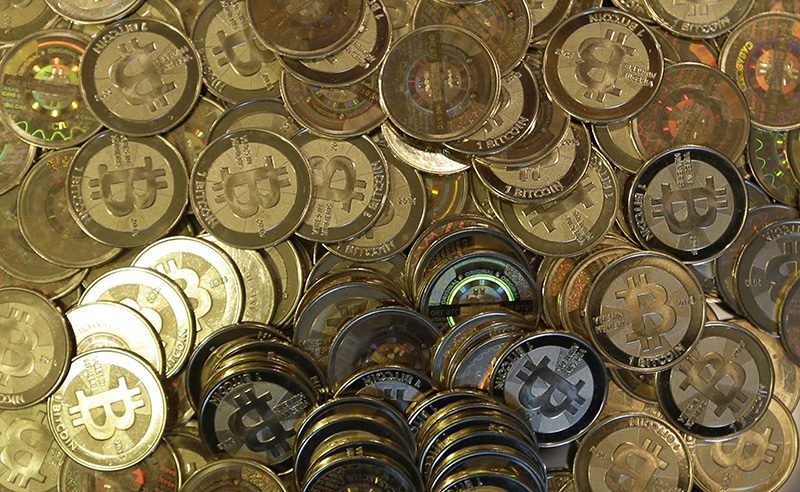
Transferring Data From Earth to Space, and Back Again
Blockstream made a name for itself as the world’s first public satellite service that allows anyone to operate and maintain Bitcoin nodes, without the constraint of network connectivity.
Blockstream Satellite sends new blocks in real-time from space and recirculates older blocks, providing free access to the Bitcoin blockchain for veteran and new users. And, as a plus, the system provides an additional backup service for blockchain data.
The technology extensively uses open source software, like GNU Radio. GNU Radio is a software development toolkit, and it enables the cross-platform implementation of software-defined radios (SDR). Using SDRs eliminates needing specialized hardware, which in turn reduces cost and makes the technology more available to use.
The satellite system also uses the Fast Internet Bitcoin Relay Engine (FIBRE). FIBRE is an open-source protocol based on several years of data from operating and studying the Bitcoin Relay Network. Using open-source technology allows Blockstream to provide their service reliably and cost effectively.
Establish your radio connection through open-source software such as GNU Radio. Making a transaction still requires an Internet connection, but Dr. Back believes SMS is enough.
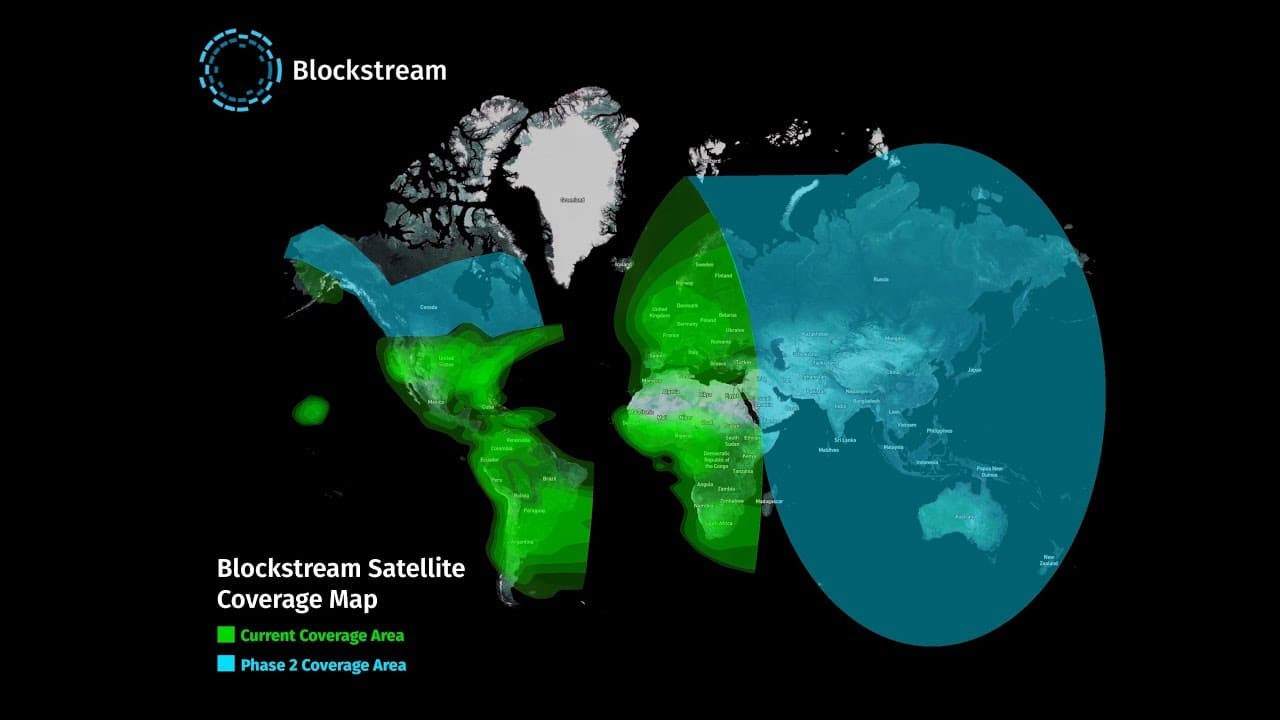
Blockstream Satellite’s Bright Future
Blockstream’s Satellite network consists of three geosynchronous satellites at various positions over Earth, covering four continents: Africa, Europe, South America, and North America. By late 2017, more satellites will be added to the Blockstream Satellite network. After that, the network will have worldwide coverage and reach almost anyone on Earth.
Ground stations, called teleports, upload public Bitcoin blockchain data to the satellites in the network. The satellites broadcast the data to large areas across the globe. The company is building additional teleports in phases to enable worldwide coverage for those extra satellites going up.
Tim Akinbo runs the only Bitcoin node in West Africa. He says, “When I first heard of Blockstream Satellite, I immediately recognized its great potential to bring Bitcoin to regions of the world where internet access is either unavailable or expensive. Not to mention its ability to provide redundancy when Internet access is temporarily unavailable.”
Though Blockstream may not be making much money right now with their free service, Dr. Back says Blockstream will release an API for developers and companies to send data via satellite for a small fee. And, he says, the company is betting that Bitcoin mining companies will be willing to pay a premium to have a backup link to the Bitcoin network sans Internet.
This technology brings Bitcoin to the global level. Currently, countries in Asia, South America, and Africa have fewer nodes than places in North America, Europe, and South America.
However, Dr. Back jokingly says, “I guess there might be some research scientists in Antarctica who won’t be able to use Bitcoin.”
Sources: Coin Telegraph, Motherboard, Cision PR Newswire



